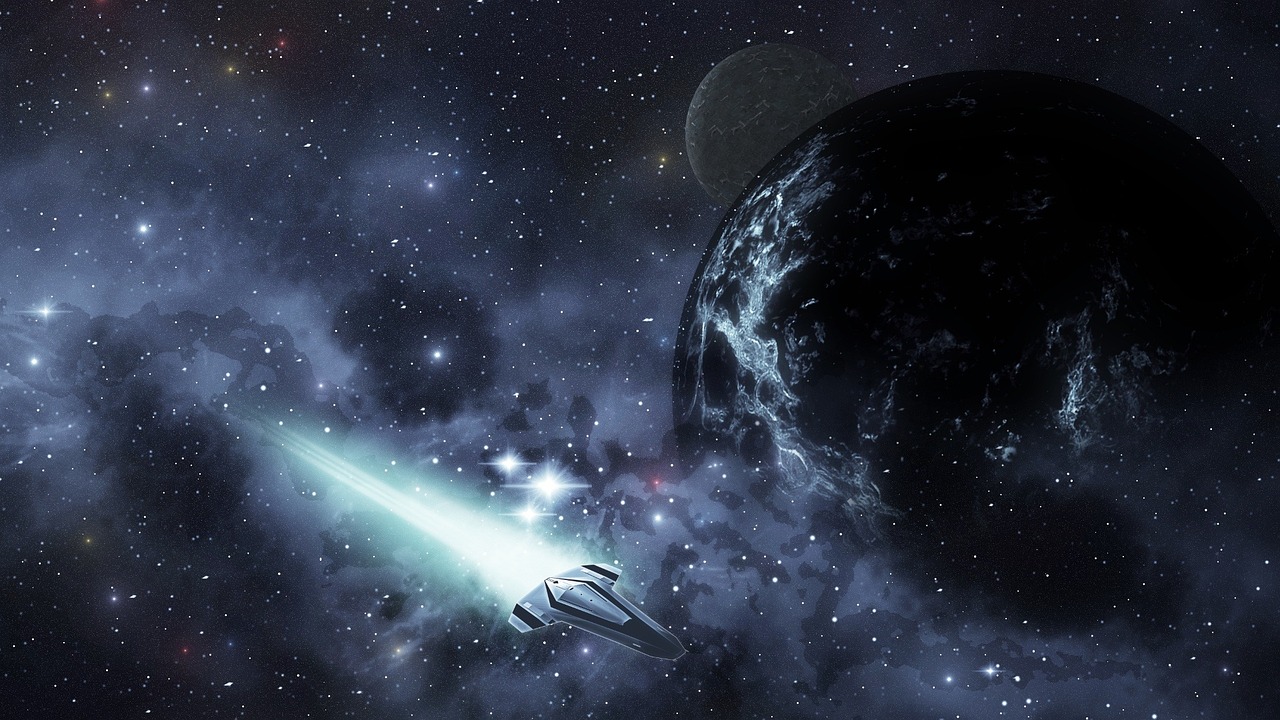Robert Duncan-Enzmann
As soon as ships are built that can traverse interstellar distances above 959c colonization will explode. Robotics computers, and resource glut, will mean at least 10,000 starships moving out per year. Fascinating destinations to the edge of the galactic disc.
Numbers of Landfalls:
3 parsec 10 light year zone: 12 stars
5.5 parsec 18 light year zone: 96 stars (about 8 are white dwarf stars, others are yellow G sun-like, orange K cool sun-like, M crimson cold sun-like)
11 parsec 36 light year zone: 664 stars
15 parsec 49 light year zone: 1600 stars
31 parsec 100 light year zone: 16,000 stars
62 parsec 200 light year zone: 160,000 stars
125 parsec 400 light year zone:240,000 stars
250 parsec 800 light year zone: 2,000,000 stars
310 parsec 1000 light year zone: 6,000,000 stars
Total major and minor colonies: 6,420,000 in 300 years
30,000 light years to the center of the Milky Way
2,000 light years from the upper surface of the galactic disc to the lower “surface of the galactic disc
A large passenger carrying Echolance would cost in the vicinity of 5 billion dollars per ship. Even at 50 billion per ship the off-earth shipyards would work 24 hours a day year-in year out producing ships.
Such a ship could carry a minimum of 5,000 and a maximum of 22,000 persons; this would average 150,000,000 outward-bound persons per year. This would in no way “solve” (if a solution is needed) the alleged “population problem” (if there was is or ever will be such a problem.) Such a migration would, however, open the escape gates wide for just about all restless souls.
It is not impossible that 300 to 500 years after star flight in vehicles that can move at speeds above 957c, that mankind, now in at least 1,000,000 settlements, will produce 50,000,000 to 1,000,000,000 ships per year which will thunder outward at close to the speed of light. Consider: the world today produces on the order of 50,000,000 motor vehicles a year. Wait – see what life will be like when robots are fully developed.
For some people, the most fascinating discovery could be an uninhabited planet, perhaps with unintelligent plants and animals that are not overly hostile. For other people and groups, such a landfall is not by any means the most fascinating, or desirable. But first, let us consider Earth-like planets:
Probability of Earth-like planets, or at least planets with breathable atmospheres:
Parent stars
unlikely; about (around) type 1 stars – too hot, too short-lived
likely; about type II stars – just right = man galactic population
Likely; about F G K M stage type II stars
Consider photon-life zones about F G K M stage type II stars
And consider ERG (early red giant) ignition which will generate rocky terrestrial-type bodies
K and M stars are more abundant so most planets will be cold, but nevertheless livable.
Without a moon (doublet like Earth-moon) oceans could dominate over continents, in fact, planets could be quite Earth-like but with a few island-like land areas in universal oceans
Life on an island world could be enchanting, timelessly beautiful, eternal lotus lands
Cold dusty planets with rare salty ponds and springs gushing or trickling hot, warm, and freezing brine would be common, the air would be breathable, water would be precious
life could be dreamlike on a vast windy planet-wide desert with occasional snug oases. People on such a planet might well be semi-nomadic and compelled to travel yet again to yet other stars.
A passenger service might be comprised of 3 to 10 starships
The fleet depicted (illustration not found) is comprised of 6 starships each ship has a company of men, women, and children who live aboard. The ships companies own the ships. the fleet is an independent city-state that gains wealth, often as new ships, by carrying passengers to interstellar destinations. The fleet also establishes the passengers. Each chip carries 200 to 500 persons in its company. A ship in deep space can be operated by 3 persons.





